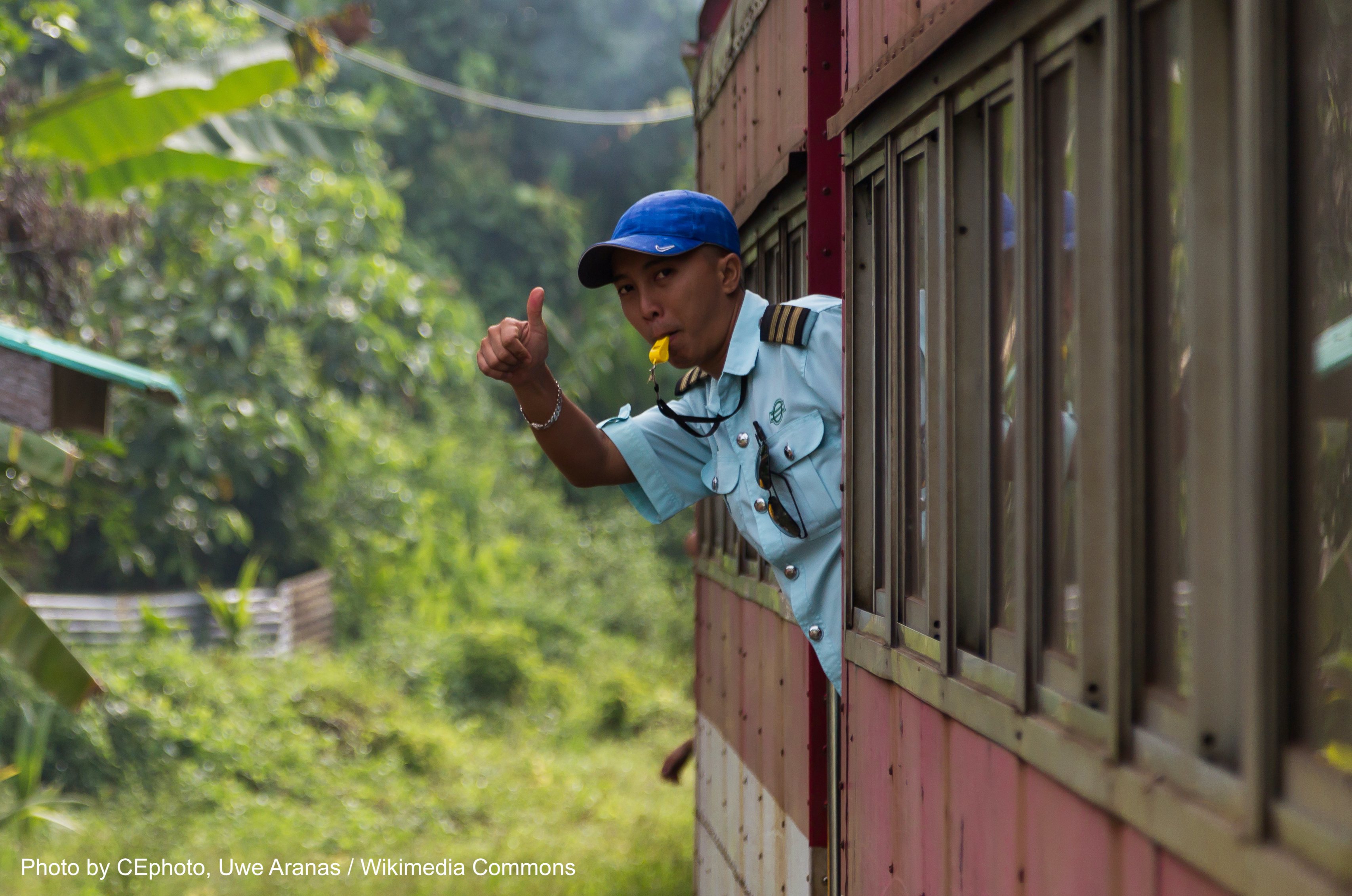
Please note! Course description is confirmed for two academic years, which means that in general, e.g. Learning outcomes, assessment methods and key content stays unchanged. However, via course syllabus, it is possible to specify or change the course execution in each realization of the course, such as how the contact sessions are organized, assessment methods weighted or materials used.
LEARNING OUTCOMES
At the end of the course, students should be able to:
- recognize the difference between process-driven and philosophy-driven development processes for products and services
- plan and participate in a broader development process
- account for group dynamics in a development process
- plan and visually facilitate a creative session for a group of people within a development proces
- utilize facilitation tools and methods in a creative development process.
Credits: 6
Schedule: 27.10.2020 - 10.12.2020
Teacher in charge (valid 01.08.2020-31.07.2022): Teemu Leinonen, Peter McGrory
Teacher in charge (applies in this implementation): Teemu Leinonen, Peter McGrory
Contact information for the course (applies in this implementation):
CEFR level (applies in this implementation):
Language of instruction and studies (valid 01.08.2020-31.07.2022):
Teaching language: English
Languages of study attainment: English
CONTENT, ASSESSMENT AND WORKLOAD
Content
Valid 01.08.2020-31.07.2022:
The course introduces students to the fundamentals of innovation processes for both products and services, including the role and value of how design work within such processes. In learning to work within a group of people, students are also introduced to research on social psychology and organizational dynamics and their practical application in design.
The discussions in class cover both physical and digital development processes and the associated methods and tools. Students are presented a variety of different approaches and learn to select and apply the appropriate means for their work. Through assignments and in-class activities, students also learn how to participate in and facilitate creative processes.
Assessment Methods and Criteria
Valid 01.08.2020-31.07.2022:
Students must attend and display active participation in at least 80% of the contact teachings (lectures, workshops, etc.). Presentations during the course introduction and the mid and final presentations are mandatory.
The final grade for the course is based a series of individual and team assignments as well as a written report that the students deliver at the end of the course.
Workload
Valid 01.08.2020-31.07.2022:
- Classroom teaching and learning: 60 hours.
- Preparing for the classes: 30 hours.
- Preparing for the facilitation assignment: 30 hours.
- Written assignment: 40 hours.
DETAILS
Study Material
Valid 01.08.2020-31.07.2022:
A reading list is provided at the beginning of the course.
Prerequisites
Valid 01.08.2020-31.07.2022:
Students should have completed a Thematic studio I or Digital service design project prior to taking the course.
